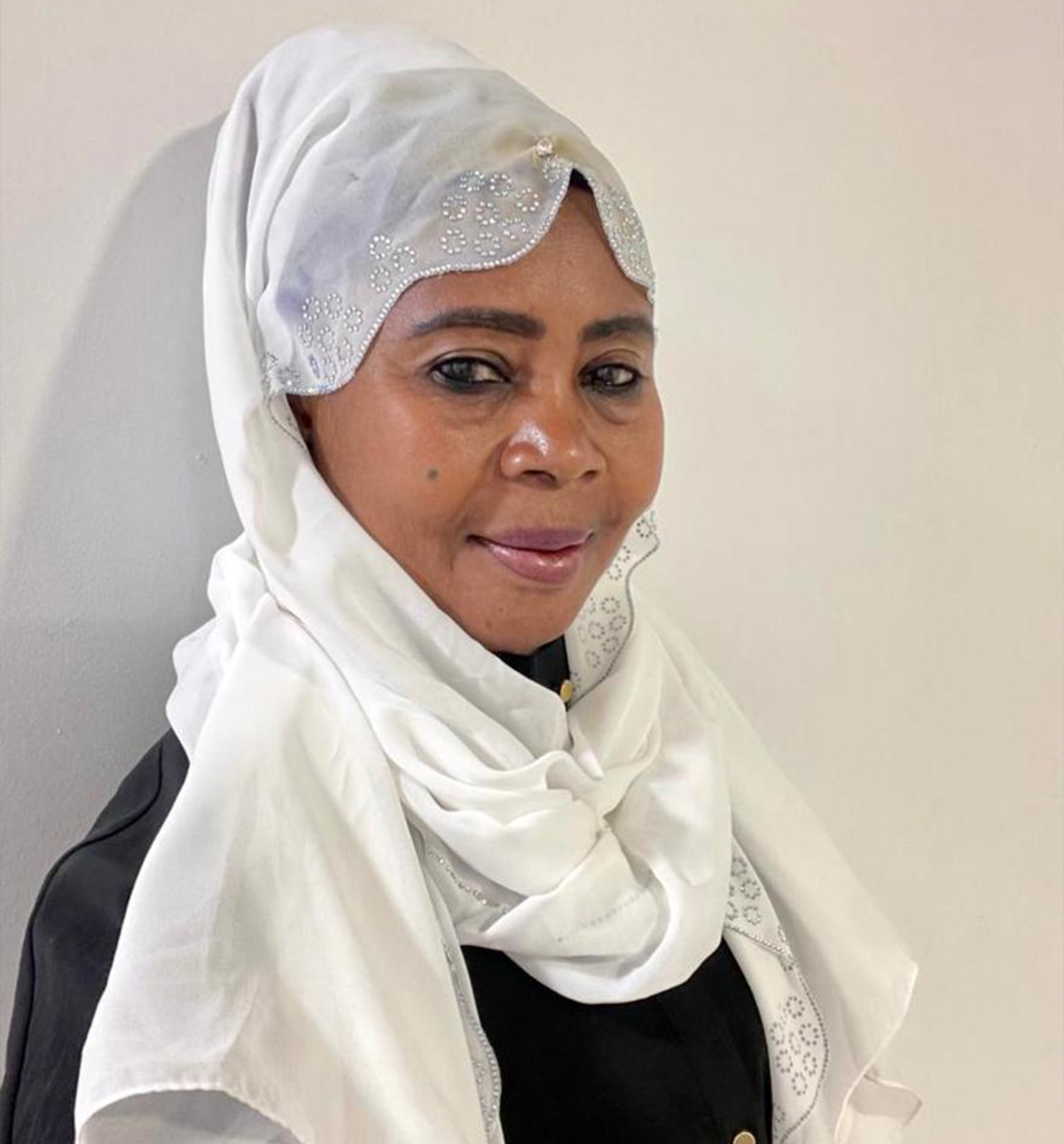
Hagir Ahmed
Hagir’s family connections with Britain go back to before Sudan’s Independence in 1956. She is related to the Royal family of Darfur in Western Sudan which ruled the Kingdom of Darfur from 1640 till 1916. Her first visit to the UK was in the 1980s.
Hagir is an active humanitarian; she has worked with many different charities and has been recognised for her community work. A survivor of FGM herself, she has campaigned tirelessly to see an end to the practice in Sudan and also in the United Kingdom. With an aunt, she founded Woman Support in Darfur. This organisation works with hundreds of women, helping them to become teachers and grow food and also educating against the practice of FGM, in which she has been very successful. In her area of Darfur, and surrounding areas, she estimates that FGM has been reduced by 95%. She says that in the whole of Sudan the practice has been greatly reduced in the past 25 years.
In the UK, she has worked with the Manor Gardens Centre in North London where she brought the issue to their attention. Hagir also worked with the UK’s Home Office (Interior Ministry) and wrote an educational booklet on FGM that was published by the Home Office and the Department of Health, and for which she was awarded by the Refugee Council. As a result of her campaign, the practice was not only outlawed in the UK in 2003 but anyone in the UK who takes a girl abroad to have it done is also guilty of a crime under the Act. (As a note, the first UK legislation banning FGM, in 1985, was cosponsored by Lord McNair’s father, Lord John McNair, and Lord Kennet.)
